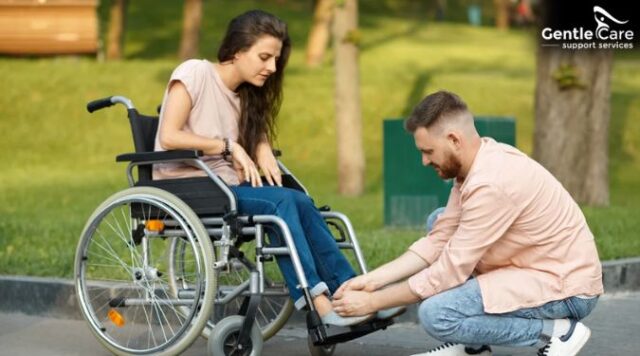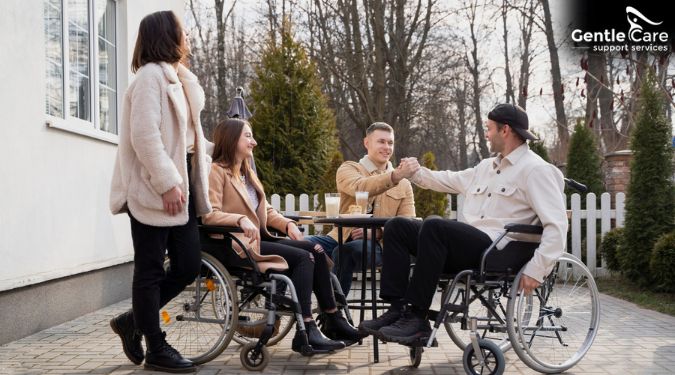As people age, maintaining health and independence becomes the top priority. For elderly participants, exercise and physical wellbeing activities under the NDIS are not just about staying active. They are essential tools for improving mobility, boosting confidence, and enhancing quality of life. NDIS disability services in Gold Coast that address individual needs can significantly support physical and emotional well-being.
Supporting Mobility and Independence
Regular exercise helps maintain strength, balance, and flexibility. For elderly participants, this means reduced risk of falls and greater autonomy in daily tasks. Even light activities such as walking or chair exercises can improve mobility, making everyday routines easier and safer.
Managing Chronic Conditions
Many older individuals live with health conditions such as arthritis, diabetes, or other complex issues. Exercise programs designed by a disability support provider in Brisbane can help manage these conditions by improving blood circulation, reducing pain, and enhancing joint function. Physical activity also supports better weight management, which contributes to overall health.
Enhancing Mental Health
The benefits of exercise extend beyond the body. Physical activities stimulate the release of endorphins (happy hormones), which help reduce stress, anxiety, and depression. Elderly participants who engage in regular exercise often report improved mood, sharper focus, and greater emotional resilience.

Building Social Connections
Well-being activities, especially in group settings, provide opportunities for social interaction. Your loved ones can form friendships, share experiences, and enjoy a sense of belonging. Social connection reduces feelings of isolation, which is crucial for maintaining emotional health in later years.
Tailored Activities for Every Need
The beauty behind this support is that exercise and wellbeing activities can be personalised. Programs may include gentle yoga, aquatic therapy, resistance training, or even light recreational sports. Activities are adapted to suit physical abilities, ensuring safety while promoting progress.
Encouraging Consistency
Sustained benefits come from consistent participation. With the encouragement of disability support worker organisations in Melbourne, elderly participants can establish routines that keep them motivated. Structured programs also provide measurable goals, which give participants a sense of achievement.
Key Takeaways
Exercise and physical wellbeing activities are powerful ways to help elderly NDIS participants live healthier, happier lives. Beyond the physical improvements, these programs build confidence, foster social connections, and create a sense of purpose.
With the right disability services and support organisation, elderly participants can enjoy a balanced lifestyle that enhances both independence and long-term wellbeing.
Contact Gentlecare Support Services for the Right Support
We offer respectful and compassionate NDIS disability services in Gold Coast, such as exercise and physical well-being activities. Call (03) 7023 0370 to enquire today.


